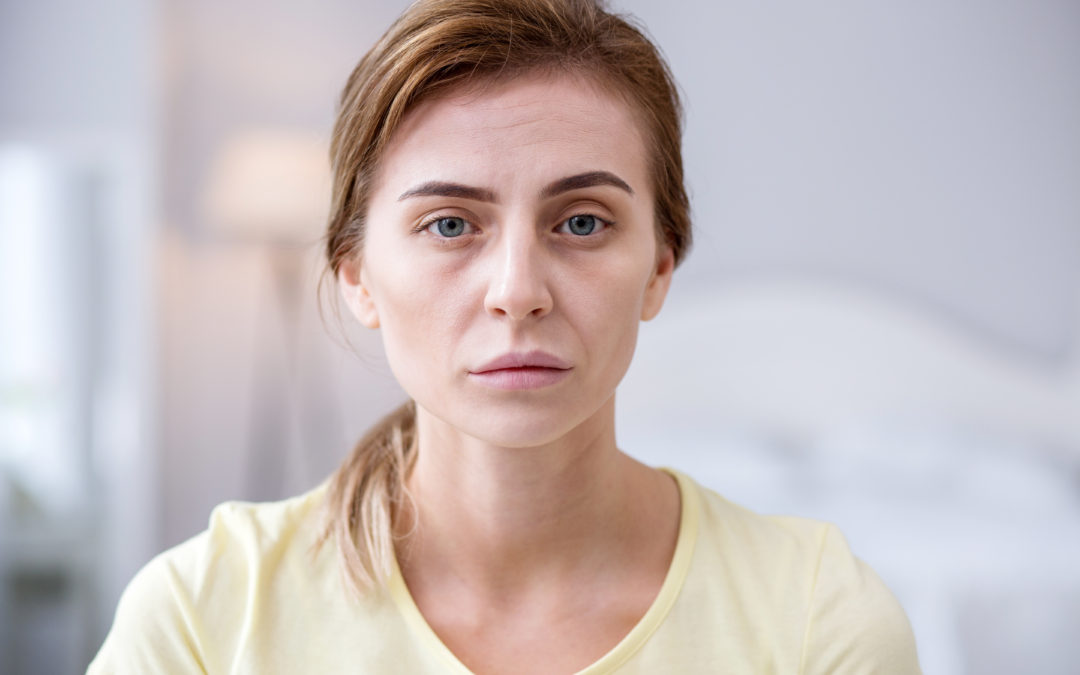
by admin | Jul 5, 2020 | Healing
Mold is a type of fungus that grows as a colony. Not that long ago this class of organism usually only affected human health in the forms of athlete’s foot, jock itch and the occasional hay fever type allergy, but no longer. Since we began to build energy efficient, increasingly airtight homes health related mold issues have exponentially increased in both severity and frequency. Our airtight homes don’t “breathe” as well as older construction. This results in increased condensation, a delay in drying time for any water overflow from our air-conditioning systems, broken pipes, leaky windows or even the ill placed drywall nail. This increased water has allowed mold to thrive and to affect our health.
Mold is made up of three components: hyphae, spores, and mycotoxins. Let’s briefly look at how each of these affect our health.
Hyphae are basically the skeleton for the mold and can be the source of allergic reactions like runny nose, watery eyes and even cough and asthma. The spores, which are the seeds by which the molds expand their territory cause similar reactions to the hyphae. The mycotoxins however are another story entirely. These are chemicals that are often carcinogenic as well as immunosuppressive. So not only can they cause cancer they can also suppress the immune system that allows the cancer to grow. This immune system compromise can also result in ongoing, unremitting, infections like chronic Lyme disease and Epstein-Barr virus (EBV) infections. Indeed, there is increasing evidence that at least over half of the chronic Lyme is due to an underlying, undiagnosed mold issue.
Dr. Bauerschmidt has personally suffered horribly (and recovered) from the effects of black mold immune suppression and brain fog. He unfortunately knows too well how people suffer with mold in their systems and has dedicated his life to helping others recover. He finds many patients have no idea this is what is underlying their conditions. Dr. B is an expert in mold illness uses state-of-the-art labs to determine if mold is an issue and exactly what mold(s) you may have and what you must do to heal from it.
Contact Deeper Healing today to learn more and start healing today.
by admin | Jun 19, 2019 | Healing
Summertime is traditionally vacation time; however, you should never take a vacation from clean air. If you’re like me you have an air purifier in your car that you can transfer to a hotel room. However, air filters can be somewhat cumbersome to pack on a plane. So, here are a few tips to help keep your Indoor Air Quality (IAQ) healthier while on vacation.
Ventilation Airflow affects how bacteria and chemicals travel through the air. When you arrive at your vacation destination, properly vent the rooms and check for unusual odors or chemical smells. If you are sensitive to chemical smells, that is you get nauseated or have headaches you should ask to be relocated to another room. I have been to many hotel rooms that have been over fragranced which in itself can be a serious problem. However, you also have to ask yourself what other odor are they trying to cover up with the use of that fragrance. Overall, poor ventilation may cause a buildup of moisture and mold and promote dust mite growth and can potentially ruin an otherwise great vacation. Encourage hotels to use natural cleaning products, it will take consumer push back to get them to stop spraying everything with harmful chemicals.
Outdoor Air Depending on your vacation destination, the outdoor air can be hazardous to your health and affect the quality of the indoor air where you are staying. Remember your indoor air had to come from outside to begin with. Particulate matter (PM) from car and diesel exhaust is a known health risk for heart disease, stroke, cancer and other pulmonary diseases. If you are in or especially close to a city, airport or highway, be sure to keep the windows closed during peak traffic times.
Mold Mold can be present in any indoor environment, creating potential health risks. You can assess this possible IAQ hazard by checking common locations for mold, such as bathrooms, sinks, walls and other places where moisture may be present. If mold is present, ask to be relocated. If you are one of the 20% of the population that has sensitivity to molds failure to relocate could absolutely spoil your vacation as well as weeks or months after your return home.
Vacations are known as times when you can sit back, relax and bend or break a few rules. The air we breathe is the single biggest toxicant exposure we have. I urge you to follow the old adage “an ounce of prevention is worth a pound of cure” and take these three simple steps to a healthier vacation. Especially since that pound of cure can be more expensive than a pound of silver!

